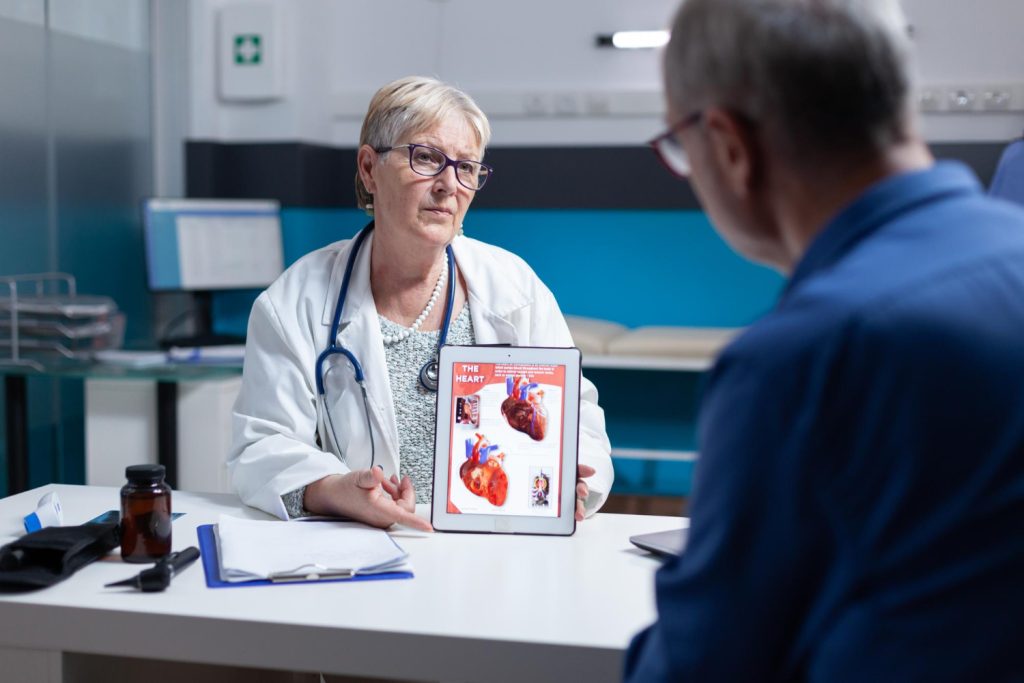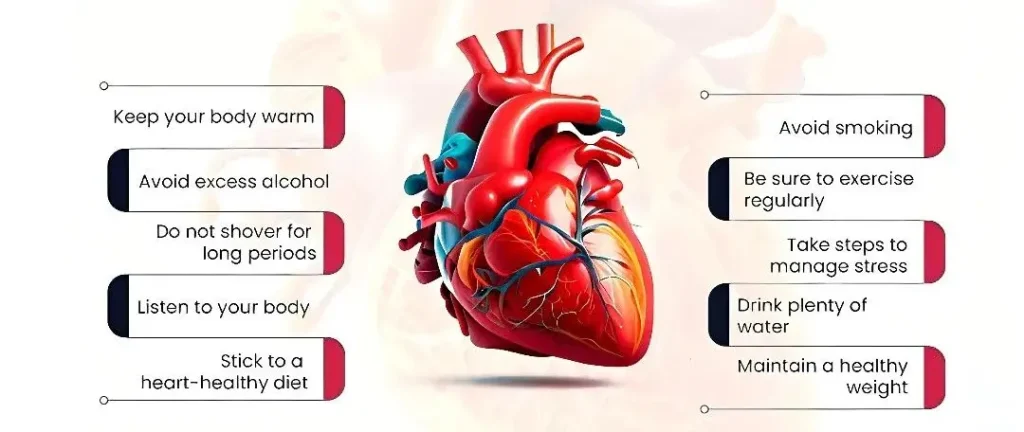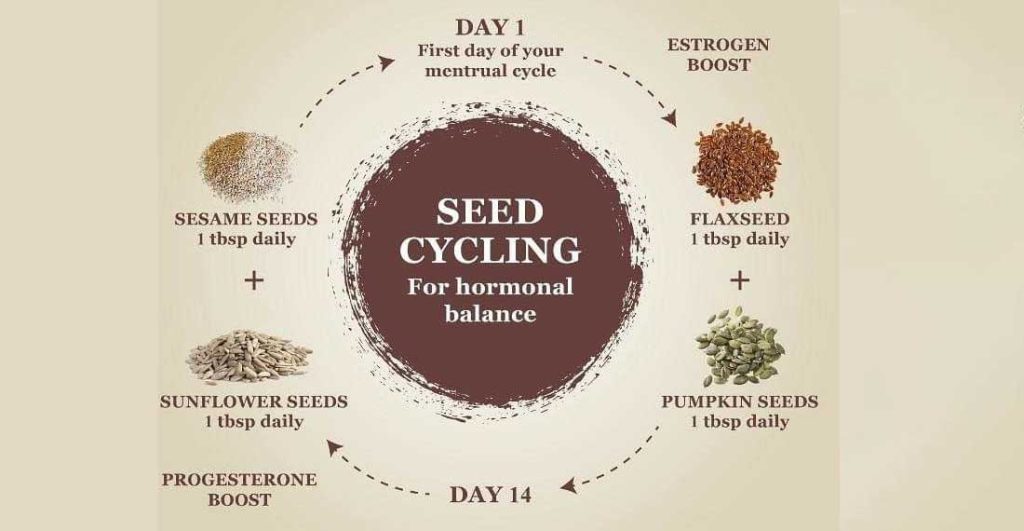
Cardiomyopathy weakens the heart muscle, causing it to stiffen, thicken, or enlarge, sometimes leading to scar tissue. This affects the heart’s ability to pump blood efficiently. It can impact anyone, and severe cases may require a heart transplant.
Around 1 in 500 people worldwide suffer from its most common inherited form. Types include ischemic, arrhythmogenic, and dilated cardiomyopathy.
Symptoms include shortness of breath, chest pain, fatigue, and swelling in the legs or ankles. Treatment helps manage symptoms, enhance quality of life, and slow progression.
Types of Cardiomyopathy
1. Dilated Cardiomyopathy (DCM)
- Most common form
- Left ventricle enlarges and weakens, reducing blood circulation
- Causes: heart attack, viral infections, alcohol abuse
2. Hypertrophic Cardiomyopathy (HCM)
- Heart muscle thickens, making blood pumping harder
- Can lead to dangerous arrhythmias
- Often inherited and affects younger people
3. Restrictive Cardiomyopathy (RCM)
- Heart muscle becomes stiff, limiting expansion and contraction
- Causes: amyloidosis, sarcoidosis, or unknown factors
- Common in older individuals, can lead to heart failure
4. Arrhythmogenic Right Ventricular Cardiomyopathy (ARVC)
- Right ventricle replaced by fatty tissue, disrupting electrical signals
- Causes irregular heart rhythms
- Inherited and often affects younger individuals
5. Stress-Induced Cardiomyopathy (Takotsubo Syndrome)
- Also called “broken heart syndrome”
- Temporary heart muscle weakening due to extreme stress
- Mimics a heart attack but improves with treatment
6. Alcohol-Induced Cardiomyopathy
- Excessive alcohol consumption weakens and enlarges the heart
- Symptoms similar to DCM
7. Chemotherapy-Induced Cardiomyopathy
- Caused by certain chemotherapy drugs
- Damage ranges from mild to severe, sometimes requiring long-term care
Symptoms of Cardiomyopathy
- Shortness of breath
- Chest pain
- Fatigue
- Swelling in legs or ankles
If untreated, symptoms worsen, impacting overall quality of life.
ECG Findings in Cardiomyopathy
An electrocardiogram (ECG) is a crucial test for detecting heart muscle weakness in cardiomyopathy. It records the heart’s electrical activity and helps identify abnormalities that may indicate heart disease.
Common ECG Findings in Cardiomyopathy:
- Abnormal Heart Rhythms – ECG can detect arrhythmias, which are common in hypertrophic and dilated cardiomyopathy.
- Enlarged Heart – Signs of an enlarged heart may appear in ECG readings, especially in dilated cardiomyopathy.
- ST-Segment Changes – Variations in the ST segment may suggest stress-related or ischemic cardiomyopathy.
- Abnormal Q Waves – Presence of Q waves may indicate a past heart attack, which can contribute to dilated cardiomyopathy.
While ECG alone cannot confirm cardiomyopathy, it helps specialists determine if further tests like echocardiograms or MRIs are needed.
Best Treatment for Heart Problems in Jalandhar
Cardiomyopathy treatment varies based on the type, severity, and symptoms. Here are the best options available:
Dilated Cardiomyopathy (DCM)
✔ Medications – ACE inhibitors, beta-blockers, and diuretics to enhance heart function.
✔ Implantable Cardioverter Defibrillator (ICD) – For severe arrhythmias.
✔ Heart Transplant – Considered in end-stage heart failure cases.
Hypertrophic Cardiomyopathy (HCM)
✔ Beta-Blockers & Calcium Channel Blockers – To control symptoms and heart rhythm.
✔ Septal Myectomy – Surgery to remove thickened heart muscle.
✔ Alcohol Septal Ablation – A non-surgical alternative to shrink thickened tissue.
✔ ICD – For those at high risk of life-threatening arrhythmias.
Restrictive Cardiomyopathy (RCM)
✔ Diuretics – To reduce fluid buildup.
✔ ACE Inhibitors or ARBs – To ease heart strain.
✔ Heart Transplant – For severe heart failure cases.
For expert heart treatment in Jalandhar, consult a cardiologist for personalized care.
Treatment for Different Types of Cardiomyopathy
Arrhythmogenic Right Ventricular Cardiomyopathy (ARVC)
✔ Beta-blockers & Antiarrhythmic Drugs – To control irregular heartbeats.
✔ Implantable Cardioverter Defibrillator (ICD) – To prevent sudden cardiac arrest.
✔ Heart Transplant – For advanced cases.
Stress-Induced Cardiomyopathy (Takotsubo)
✔ Supportive Care – Rest & stress management.
✔ Beta-blockers & ACE Inhibitors – To aid heart recovery.
✔ Heart Failure Medication – For persistent symptoms.
Alcohol-Induced Cardiomyopathy
✔ Alcohol Abstinence – Essential to stop progression.
✔ Medications – Diuretics, ACE inhibitors, & beta-blockers for symptom control.
✔ Heart Transplant – In severe cases.
Chemotherapy-Induced Cardiomyopathy
✔ Medication – ACE inhibitors, beta-blockers, & diuretics.
✔ Heart Failure Management – Continuous monitoring & treatment.
✔ Heart Transplant – If damage is severe.
Quick Steps to Manage Cardiomyopathy
✔ Adopt a Healthy Lifestyle – Maintain blood pressure, eat a balanced diet, & exercise regularly.
✔ Avoid Harmful Habits – Limit alcohol, quit smoking, & avoid drugs.
✔ Manage Stress – Practice relaxation techniques & maintain emotional well-being.
✔ Treat Underlying Conditions – Control cholesterol, diabetes, & thyroid issues.
✔ Regular Check-Ups – Monitor heart health & detect issues early.
If you notice symptoms, consult a cardiology specialist in Jalandhar for diagnosis & treatment. Visit Oxford Hospital, one of the best heart hospitals in Jalandhar.


